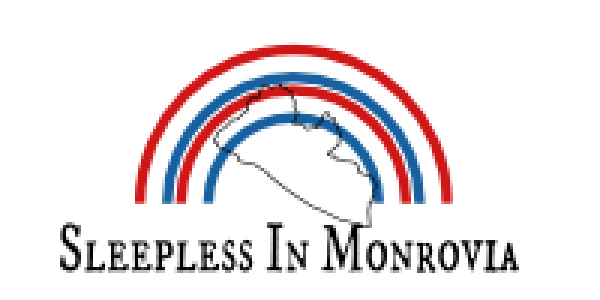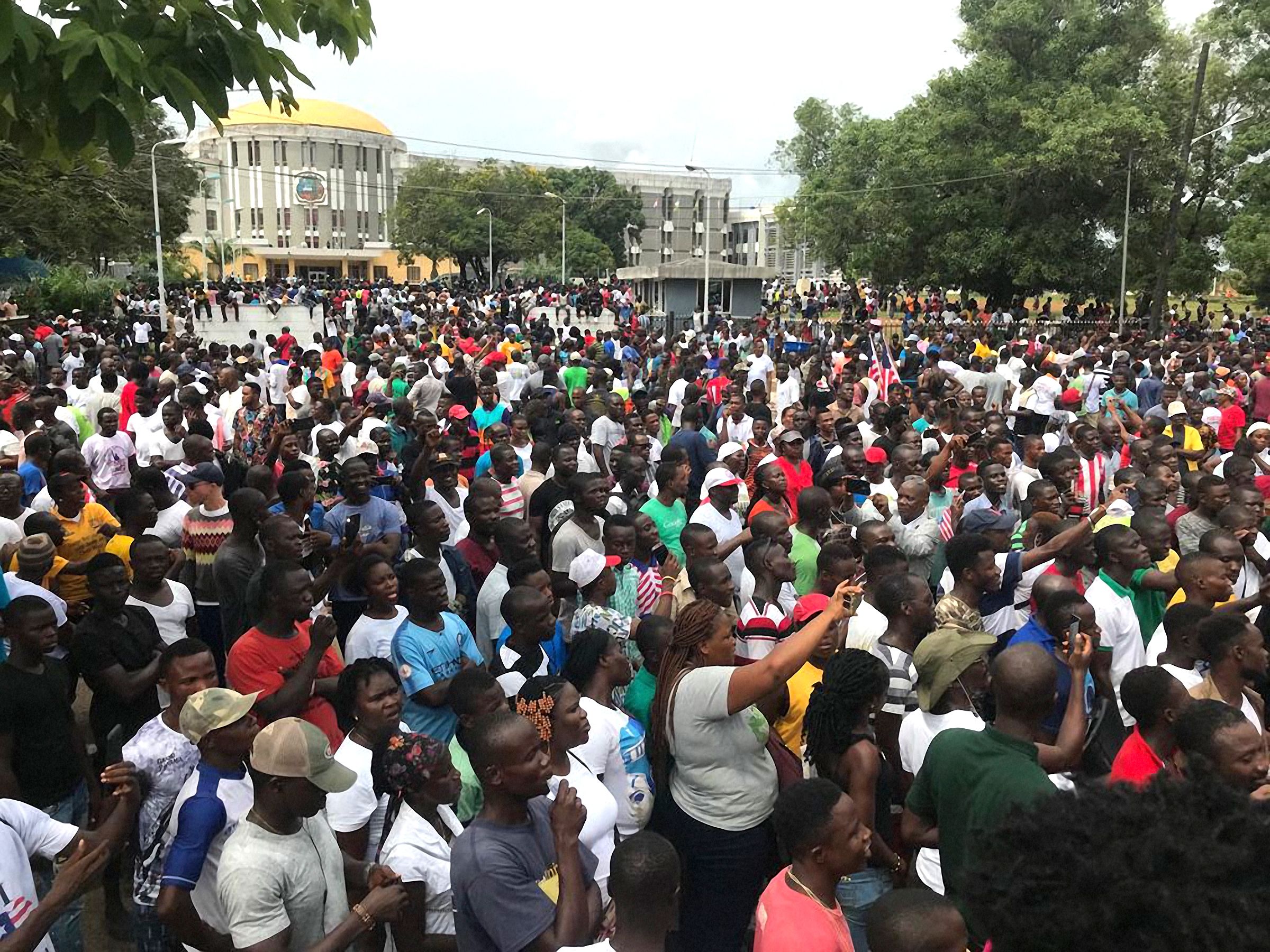It is midnight, and a few of us ‘well-educated’, at least we like to think so, are conversing about the state of affairs of our country, and in all fairness, it is in a deeply deplorable situation. Ellen Johnson Sirleaf, who led post-war Liberia into economic recovery, and watched it crash under her feet like broken glass, turned power over to George Weah over five years ago. But it already seems like a decade. The election of George Weah brought a sense of optimism and hope to many Liberians who have very vivid memories of our recent past. But equally so, a sense of nihilism for some in the intellectual circles of Monrovia and the diaspora. A heresy, according to them, that a man such as Weah, ignorant of the modus operandi of running a state, talk less of an economy that was still recovering from a twin shock (the Ebola epidemic and the drop-down in the price of major commodities like iron ore), was now in charge of a country with such a complex history. This country, which once stood head and shoulders, in recent history, with most of the giants of Africa, had now been relegated to the echo chambers of Weah.
Many believed the country had just been fed to the ‘dogs’. This, without exaggeration, would soon become true. But the problem with Liberia is that its issues (most of them) are a general, rather than an individual, moral question- if not a pathology- which most Liberians don’t necessarily acknowledge or agree with. George Weah is a symptom of a deeper problem. And his idiosyncrasies and naivety, have made us (or they should) very painfully aware of our very own deceit, hypocrisy, and increasing tendency to put personal interest above the common good. 16 years ago, this country almost, if not completely, burned itself to the ground. The burial grounds and mass graves around the country are testaments. Even now, our attitude, our institutions, and our young people still bear the mark of this debauchery and barbarity. The country is in arrested development.
Back to this in a minute, but a few observations must be made pertaining to the man (George Weah) who now presides over the crowning ceremony of our country as a ‘laughing stock of the continent’, a ceremony that has lasted for far too long, at the expense of so many, at the cost of so many lives, the breakage of so many of our institutions, and the paralysis of some of Liberia’s finest assets.
First, George Weah is incessantly shameless and reckless with how he’s run the country, and he’s done far worse than anyone could have imagined. Second, it seems, we should judge him, not by that his own obscenity, but by those who put him there and continue to support his midday bank robbery of the country’s little resources, those who oppose him, and those who so cowardly believe he’s been a savior to our country’s woes. Third, the CPP (and the other opposition blocs) are no opposition; they are at the very least irresponsible, completely ignorant, and unaware of the material conditions that shape the society they want to take over. They’ve proven unable to organize themselves at every chance, how can we trust that they have the ability to organize the country, with a population of almost five million?
The truth is Liberians have been slapped in the face, with something so terribly tragic, obscene, nauseating, and dangerous in George Weah. The opposition and the existing authorities are no good, and the alternatives are even worse. The problem is even more fundamental; alternating George Weah with the existing opposition leadership makes no difference, in so far as the conditions, the system, and circumstances that made him president, are still alive and well and so chronically prevalent in all fabric of Liberian social life— institutionalized.
We need change, and George Weah is less of our problem than we’re to ourselves. Didn’t we think the same of Ellen (though on a much different scale) as we do of the man? What George Weah and the CDC did was to position themselves as an alternative to a system that had robbed so many of our countrymen of a “decent shot at life”, when in reality, they were only concerned about not being the ones with that power. The debilitating conditions of the country’s economic system have proven this true. Their incessant justification of corruption and the retrogression of every accomplishment of the previous regime have proven this true.
And for a party that spent 12 years protesting and amalgamating forces to take over political leadership, this is not a problem of public policy implementation, it’s a problem of ethics, leadership, greed, and wanton disregard for the welfare of the country’s population. It is a systemic problem that runs deeply in our institutions’ core. Substitute, if you can today, George Weah with anyone that has spoken against him without a change in the system that drives social and economic development in Liberia, and you’ll have the same outcome.
The problem with Liberia is that people have been deprived for so long, and in areas especially where young people are prevalent, the scenario plays out exactly the same. People tend to be angry at the country’s corruption and poverty only insofar as they aren’t the ones with the power to perpetuate them. The evidence of the last decade regarding the activities of activism or opposition in Liberia makes this glaring. The culture today isn’t a desire for genuine revolutionary action or opposition to the established framework because of the necessities of the poverty created by said system. Rather, the belief is that an escape from it can only come through participation in it, even at the expense of the social good. So long as one is able to survive it. This is the logic that not only drives George Weah and his inner circle, but everyone who’s also after his job comes next year.
If there’s a specter that haunts Liberia, it is not a wave of radical social change or ideas for transforming the lives of the mass of our people, it is the specter of opportunism. In a country where historically, so many of the resources have been concentrated in the hands of the extremely few, one can understand why the path to government is the easier path to garner wealth since the richest have always been those in government. Elections alone will not subvert this if the system itself remains the same even under new leadership. Elections do not change the status quo, they maintain it, at least in the case of Liberia. They’re a rational pursuit of an irrational framework, planting seeds of mass irrationality and dogma, a dogma of the fear and opposition to radical change rather than a support for it. And 2023 will be no different until the revolutionary tendency of radical social change is interred somehow into the fabric of Liberian intellectual life, built from the grassroots. And the progressive wave that once took this country by storm in the 70s through the 80s is resuscitated from that nightmare that once broke its wings. It can still fly again, and Liberia, by all indications, can be as proud of a nation as it once was – in the cause of its people.
Authored by: Ndeli Samori
Featured Image by: cnn.com

